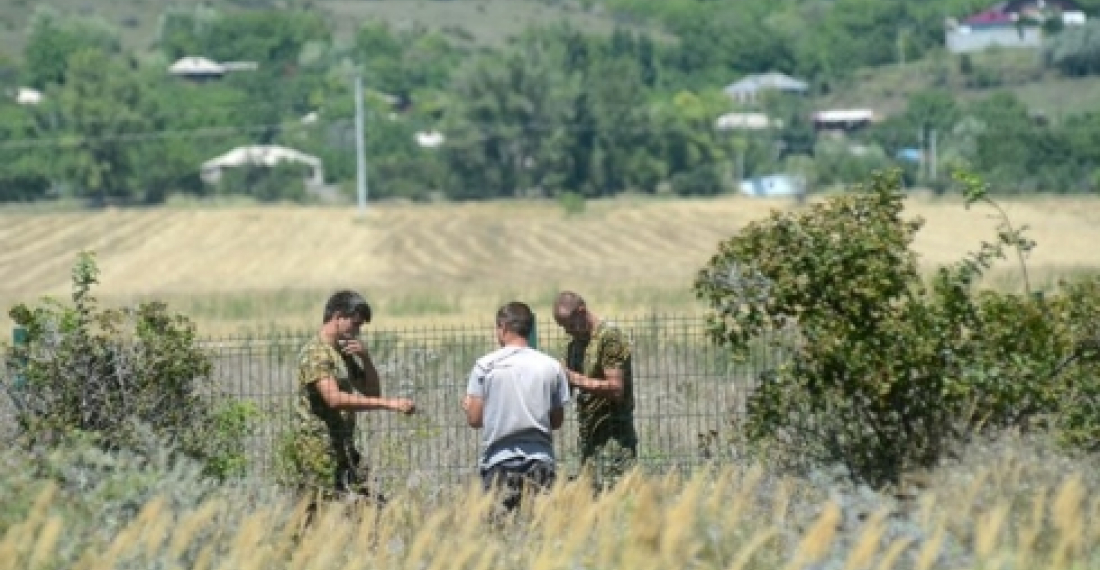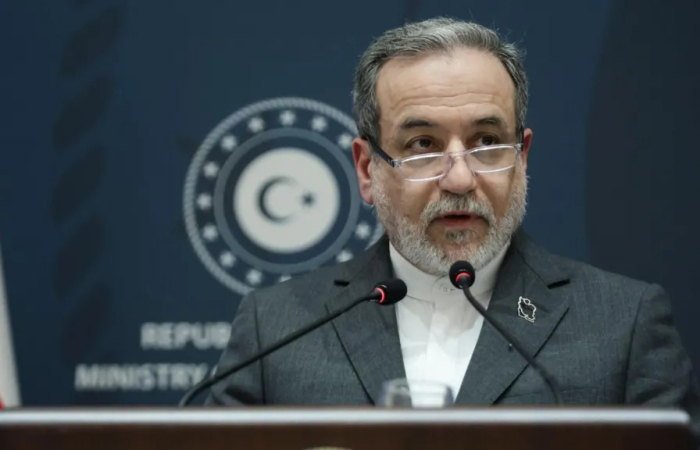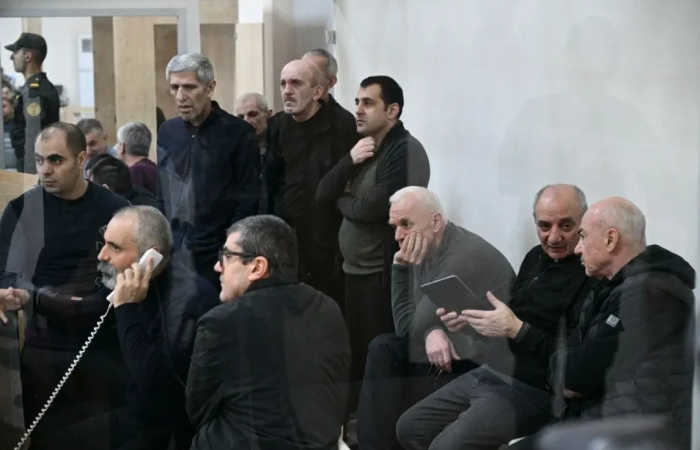Russia is building an artifical fence around the territory of South Ossetia in an attempt to formalise the outcome of the August 2008 Georgia-Russia War.
Russian officials have been considering constructing the fence for some time, but were concerned at the high cost involved in building and maintaining it. But it seems that the money has now been found. Commonspace.eu special correspondent, Joseph d'Urso last week watched as Russian and Ossetian officials worked on the construction of the fence close to the Georgian town of Gori.
The Caucasus Region is divided by a formidable natural barrier, the Cauacsus Mountain range that stretches from the Black Sea to the Caspian, and divides the region between North and South. The Mountain Range was always perceived by Russia as a natural defence against its enemies. The building of a fence around South Ossetia is geographically artificial since the territory forms part of the slopes and valleys to the south of the mountain range. It is however also artificial and out of place politically. Whatever the future status of South Ossetia might be, its sustainability will always depend on an open border with Georgia. The new fence also creates problems for the local populations. Despite the conflict of the last two decades personal relationships between the two sides continue. With the new fence, many are left with friends and relatives on "the other side".
This was highlighted on Friday in statement issued by the European Union Monitoring Mission in Georgia. It voiced "concern about the on-going construction of physical obstacles, the placement of fences and the creation of earth berms and ditches along the Administrative Boundary Lines with Abkhazia and South Ossetia. This has a growing impact on the freedom of movement and livelihood of the local communities."
"This ever increasing number of obstacles affects livelihood issues, as it disrupts patterns of life of the local population and divides communities," said Interim Head of Mission Gerard A. Fischer . "Furthermore, these obstacles increasingly limit any possible people-to people contact, which is an essential ingredient to build confidence amongst communities."
As part of its coverage of the 5th anniversary of the August 2008 Georgia-Russia War commonspace.eu will over the next days carry special reports from the Caucasus, including interviews with Georgian and Ossetian officials, with the Acting Head of the EUMM Mission to Georgia, as well as views from neighbouring countries, together with news and analysis.
source: commonspace.eu
photo: Russian and Ossetian officials constructing a fence on the administrative boundary around South Ossetia on Wednesday 31 July 2013. Photo by Molly Corso (c) commonspace.eu







